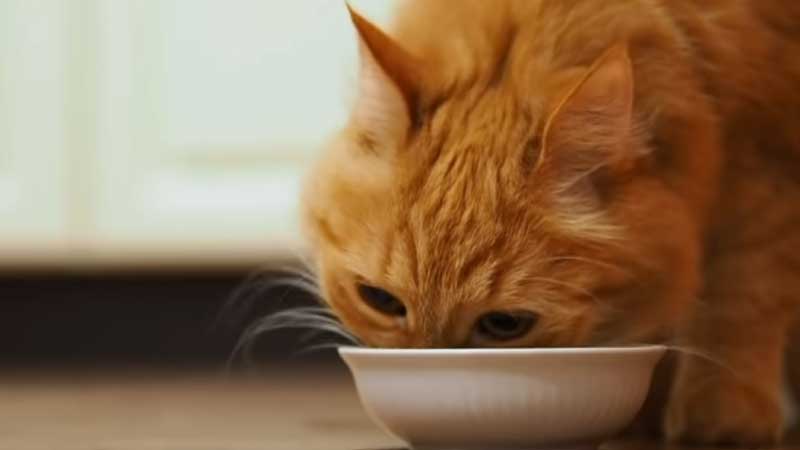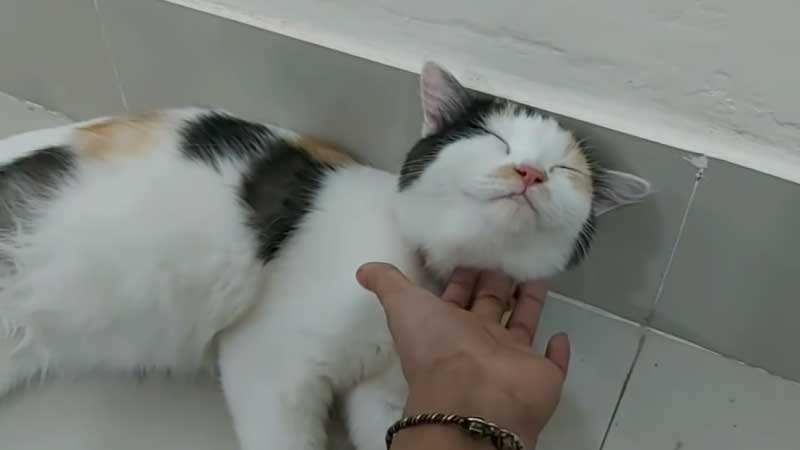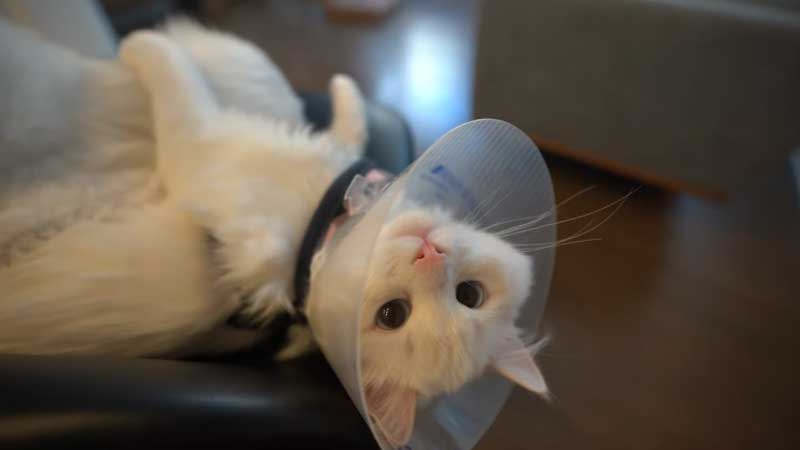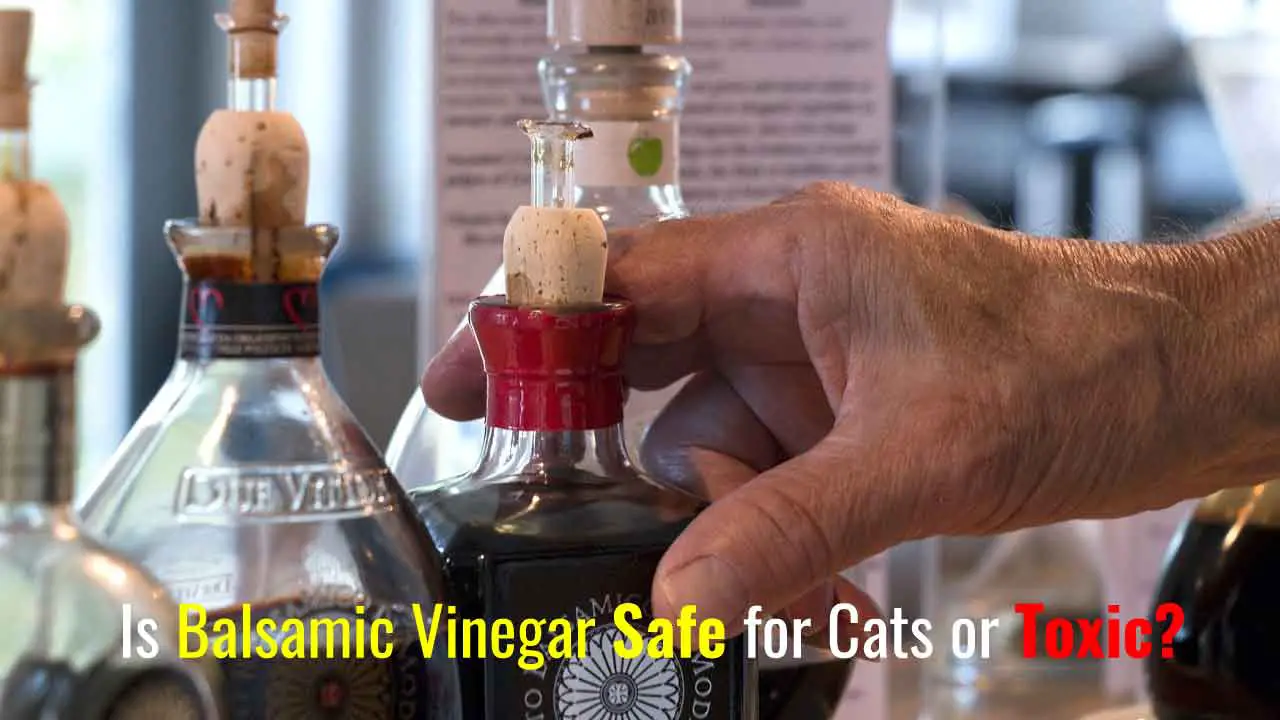As you know, cats are naturally curious animals that will explore anything new they come across, even if it isn’t something they should eat. One example is the common spice, black pepper.
Some days ago, my cousin Amber told me the same thing: her cat has been eating a few things that she doesn’t like, one of which is black pepper, but the cat is perpetually eating them. She is pretty passionate about it. I was not surprised after hearing this because I have observed such things before. As a responsible cat owner, everyone needs to know what happens if their cat eats black pepper and whether it poses any risks to their health.
In this comprehensive guide, we’ll explore the possible effects of a cat eating black pepper, discuss safety concerns, and provide practical steps to take in case your furry friend accidentally consumes this spice.
Table of Contents
What Happens If My Cat Eats Black Pepper?

As you know, piperine is a substance found in black pepper, a common spice used to improve the flavor of numerous foods. While black pepper is usually well tolerated by humans, it may have unexpected results when given to a cat due to the species’ distinct physiology.
Side Effects of Black Pepper on Cats
The following side effects may occur if your cat consumes black pepper:
- Stomach Irritation: Black pepper can cause irritation to a cat’s sensitive stomach lining, leading to vomiting or diarrhea.
- Breathing Upset: The inhalation of black pepper particles could irritate a cat’s breathing system, causing coughing or sneezing.
- Discomfort: Cats may feel trouble or mild pain in the digestive tract after consuming black pepper.
Is Black Pepper Safe for Cats?

Now back to the main question: is black paper safe for cats? Well, while black pepper is generally not toxic to cats, you should remember that cats’ digestive systems are different from humans. Cats lack particular digestive enzymes that humans possess, which can affect how they utilize various substances. As a result, consuming black pepper may lead to adverse effects, even if it is not naturally toxic.
Read More: How to Treat Cat Mouth Black Fungus
What to Do If Your Cat Eats Black Pepper? [Solutions]
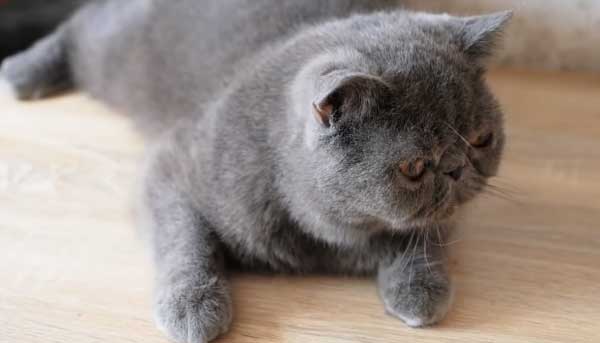
Here’s what to do if you think your cat has accidentally consumed black pepper:
- Monitor the symptoms: Let’s observe your cat carefully for any signs of pain, difficulty breathing, or stomach distress.
- Talk to your veterinarian: If your cat shows any uncommon symptoms or seems distressed, contact your veterinarian for guidance.
- Do not encourage vomiting: When it comes to cats, unlike dogs, you should never try to induce vomiting on your own without first consulting a professional.
Frequently Asked Questions (FAQs)
Can black pepper poison my cat?
The answer is no; black pepper is not considered toxic to cats. However, it may irritate the digestive tract and cause discomfort to your cat, so you should be careful about that.
How much black pepper is harmful to cats?
No specific amount can be considered “safe” for cats. It is strongly recommended that you always keep black pepper away from your cat.
Are there safer alternatives for cats?
Yes, you can season your cat’s food with herbs and spices that aren’t harmful to them, such as catnip or parsley.
Will my cat’s sense of smell be affected?
Because black pepper has such a potent odor, it can potentially affect your cat’s sense of smell temporarily, but in most cases, this effect is only temporary.
How can I prevent my cat from accessing spices?
Keep your cat away from black pepper and other spices by keeping them in a high, locked cupboard or pantry.
When should I seek veterinary care?
Seek immediate medical attention for your cat at a veterinary facility if they experience persistent vomiting, diarrhea, difficulty breathing, or other unusual symptoms.
Conclusion
While black pepper is not harmful to cats, it can cause them some discomfort and even some slight health problems. The vet recommends keeping black pepper and other spices out of your cat’s reach to prevent accidental ingestion.
It is best to take your cat to the vet if you notice any unusual behavior after feeding it black pepper. If you are aware of the possible side effects of black pepper on cats and take the appropriate precautions, you will be able to ensure that your feline friend remains healthy.

